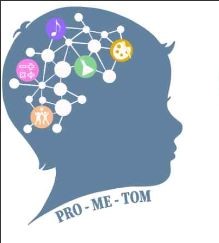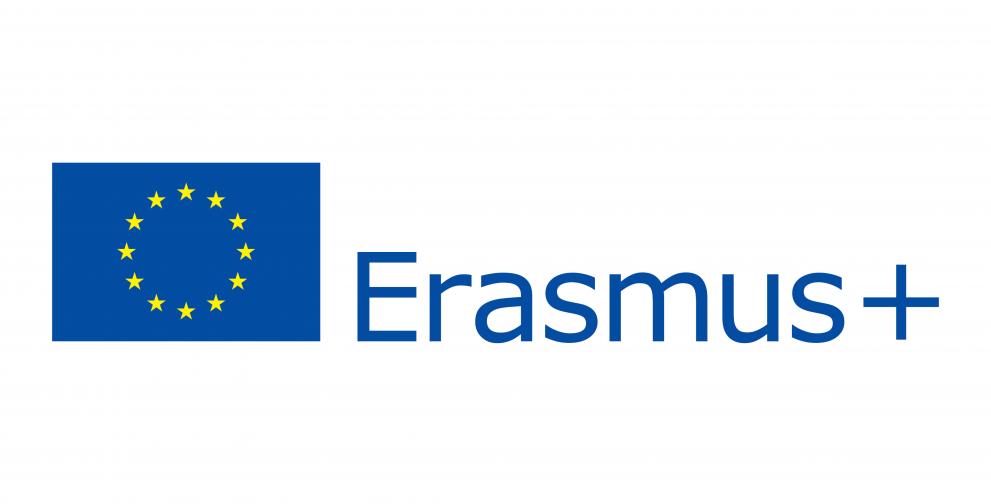PRO-ME-ToM - Promoting the Development of Teachers and Students Metacognitive and Theory of Mind Skills
Project ID
2022-1-CY01-KA220-SCH-000088168
Project title
Promoting the Development of Teachers and Students Metacognitive and Theory of Mind Skills
Project manager, contact details
Bernadett Barnaki, barnaki.bernadett@pte.hu
Academic supervisor, contact details
Ágnes Bálint Dr., balint.agnes@pte.hu
Total project budget
400.000 EUR
Total budget of UP
51.420 EUR
Project start date
Project end date
Coordinator
University of Cyprus (CY)


Partner Organisations
Uclan Cyprus Limited (CY), Aristotelio Panepistimio Thessalonikis (GR), Panepistimio Ioanninon (GR), Universidade de Coimbra (PT), Universitatea Sapientia din Municipiul (RO), University of Pecs (HU)
General description
The need for the development of more active learners who will apply in practice the idea of 'learning how to learn' and 'learn through life', has led to the development of this research project, through the development of metacognitive skills in students. The term of 'Metacognition' is credited to the developmental psychologist John H. Flavell, the “father of the field,” and it has become one of the major foci of psychological research.‘Metacognition’ essentially means cognition about cognition; that is, it refers to second order cognitions: thoughts about thoughts, knowledge about knowledge or reflections about actions as well as our ability to consciously monitor and regulate one’s knowledge processes, cognitive and affective states, motives and intentions. During the last 40 years metacognition has become one of the major fields of cognitive developmental research. ‘Theory of Mind’ (ToM) development, the second major part of this project, is the area of cognitive development research that investigates the nature and development of our understanding of the mental world. The term ‘theory of mind’ introduced by David Premack (1978) refers to our ability to explain, predict and interpret behavior in terms of mental states. Actually, ToM is the first kind of our metacognitive knowledge about how our mind and the mind of others work (i.e. to attribute mental states to ourselves and to others), an ability found to play a vital role in one's interactions with others.Since its beginnings, this area has grown to be one of the liveliest in developmental psychology. Today, there is an extensive evidence that learners’ metacognition can directly affect their learning (e.g., Boekaerts, Pintrich & Zeidner, 2000; Winne, 1995). Also, the ability to effectively manage one’s lown earning seems to lead to success in and beyond school and self-evaluation was found to be related to school performance in adolescence (Demetriou & Kazi, 2001).Teaching students thinking strategies and metacognitive skills can lead them to pursue their own learning throughout their education and their life. Funding this project will facilitate students' and teachers' active practice on metacognition: Students can become more mature thinkers who provide conflict trials for themselves, question their own assumptions, provide counterexamples to their own rules etc. and become capable of providing the supportive other role for themselves. In this way, progressively, students learn not only how to get a particular task done independently, but also how to set about learning new problems, and finally become independent learners who gain control over their own learning and learn how to learn. In the previous age, teaching for thinking was a priority for the educational system; nowadays, however, metacognition is what characterizes the ‘educated’ person and is a prerequisite for effective teaching and learning, for the development of active, creative and independent learners through life.
Program
ERASMUS +
Application monitoring
